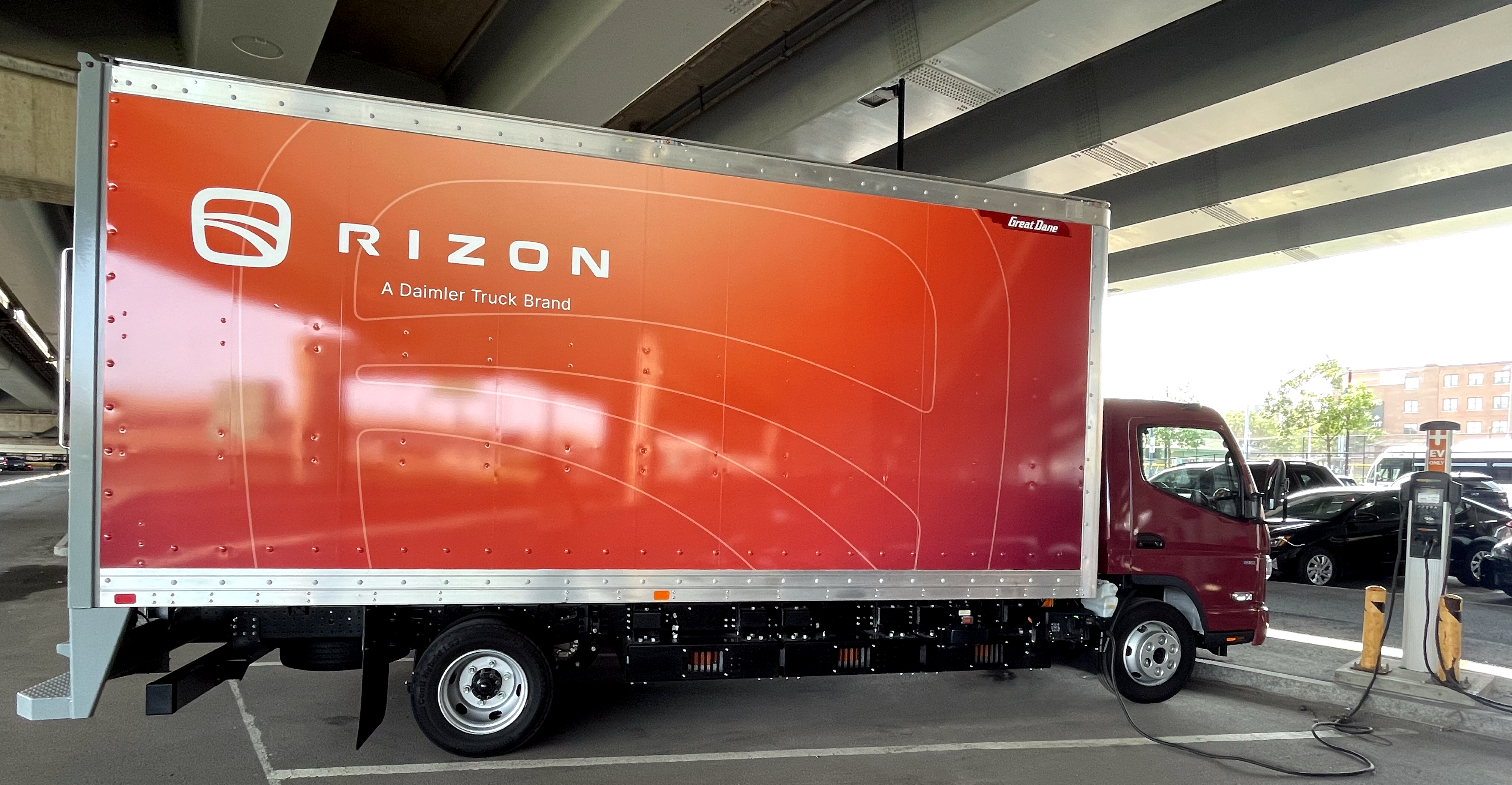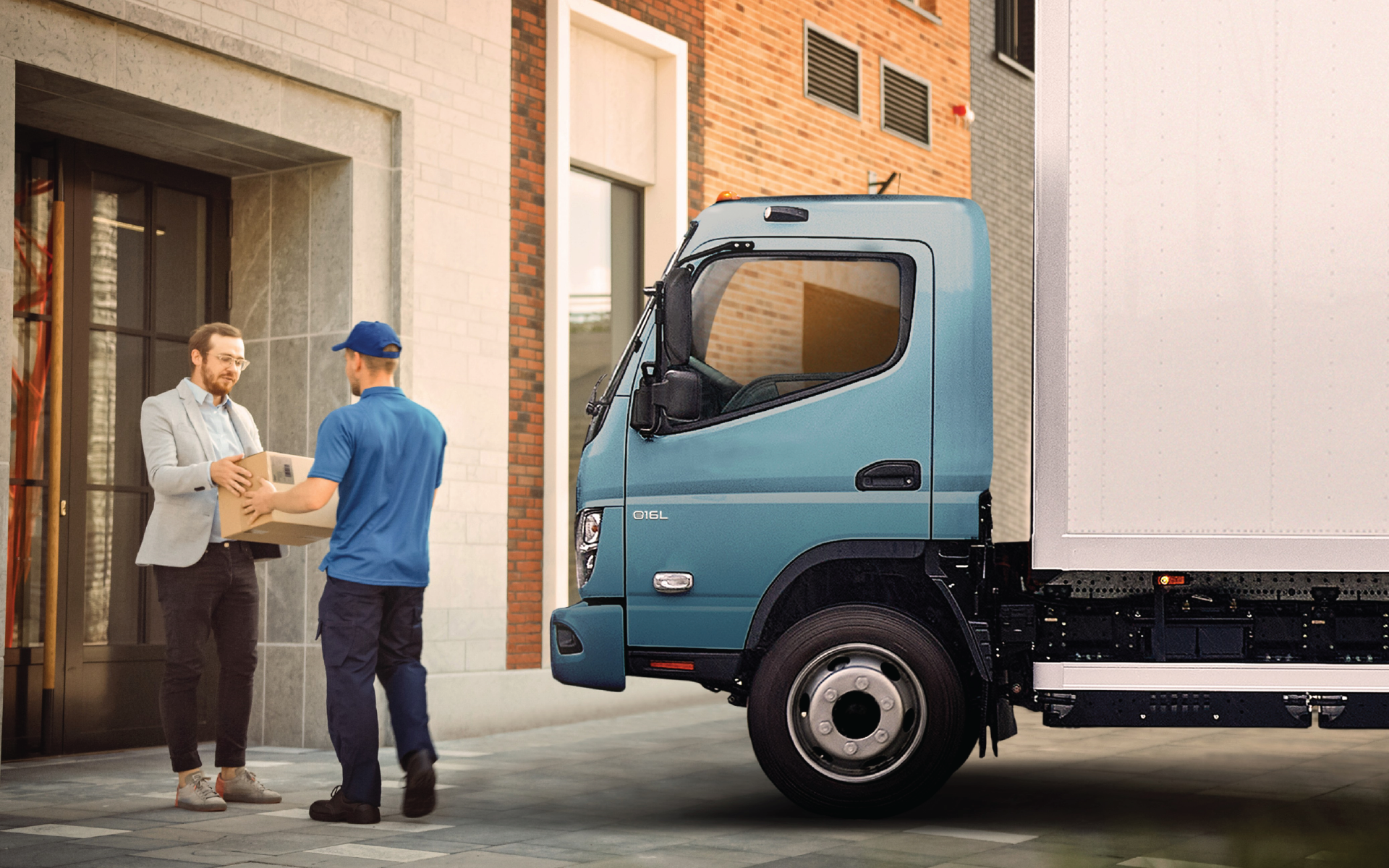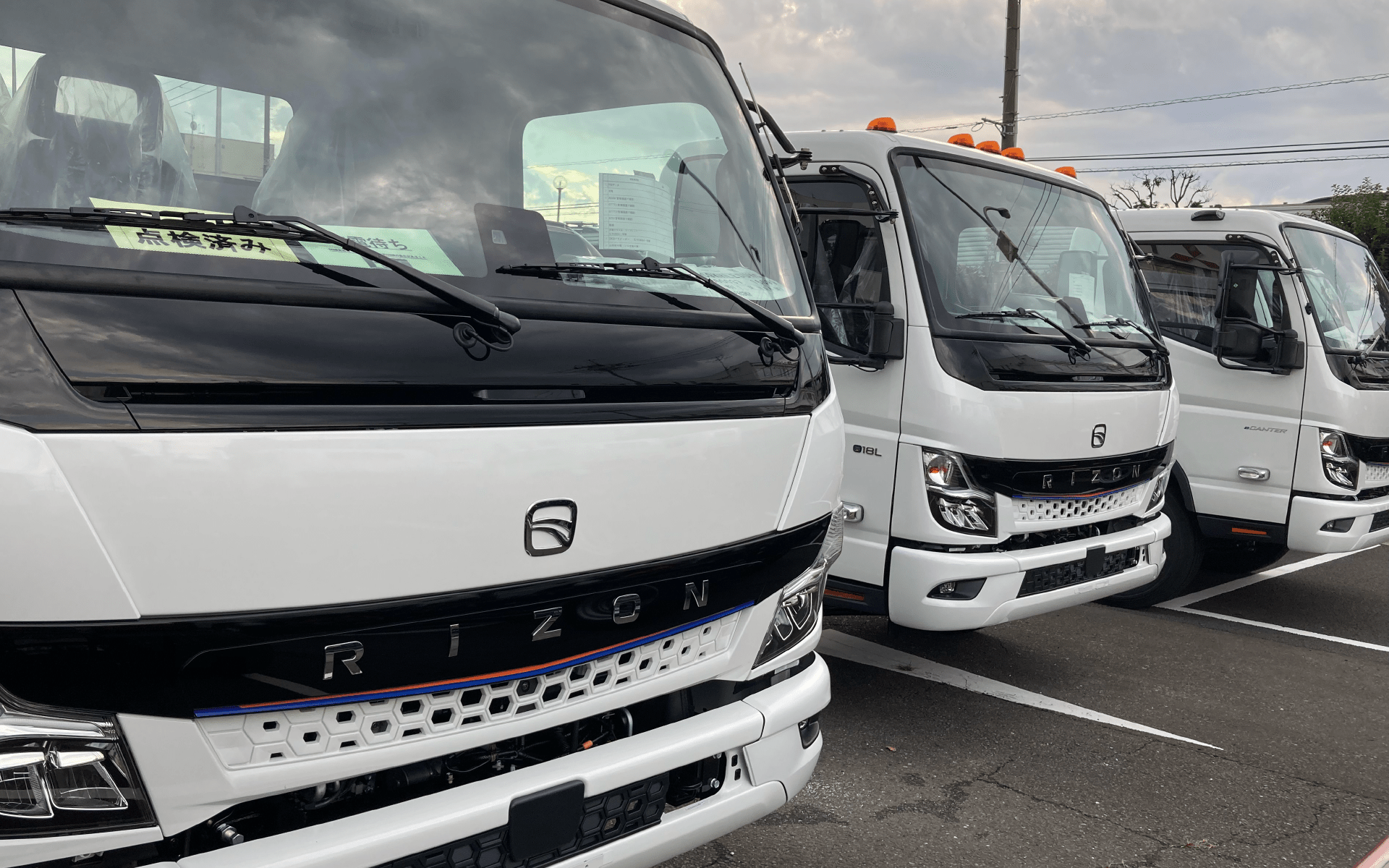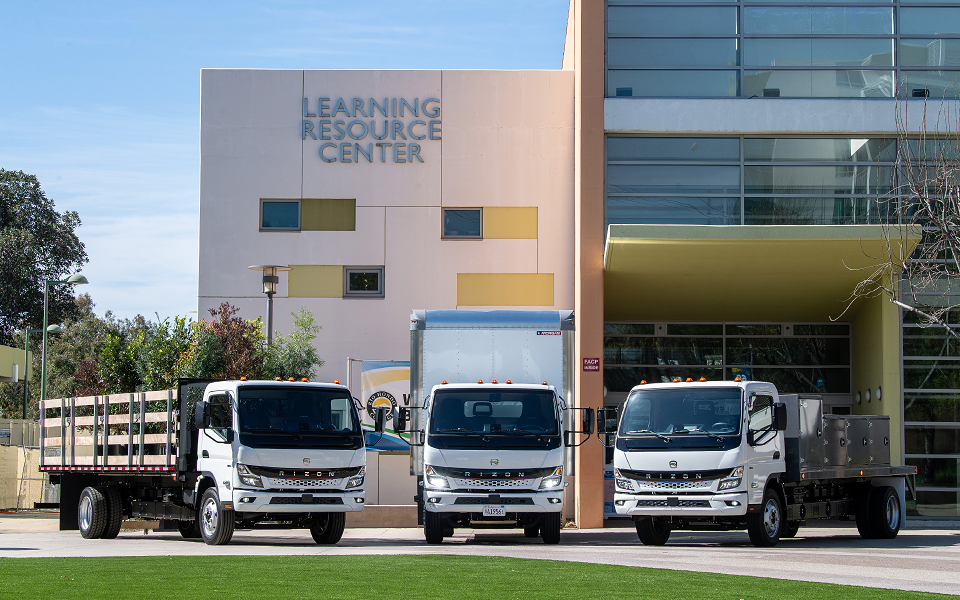The move toward electric trucks and zero-emission commercial vehicles is accelerating fast. Cities are tightening air quality rules. Fuel prices are volatile. And business leaders across industries are reevaluating the cost of operating diesel trucks.
Battery electric trucks — especially in the Class 4 and 5 segment — are already proving themselves in urban deliveries, municipal work, regional hauling, and return-to-base operations. But before you take the leap, it’s worth asking: is your EV fleet ready?
Here are five key questions to help you find out.
1. What’s Your Average Daily Route Distance for Electric Trucks?

This is the most important starting point. RIZON electric trucks today offer a range between 75 and 160 miles on a full charge, depending on the model — more than enough for many commercial EV routes.
If your trucks handle daily deliveries, utility work, or scheduled service calls that return to base at night, you’re likely a strong candidate for fleet electrification. Predictable mileage means predictable charging, and that’s where electric trucks thrive.
2. Do Your Electric Trucks Return to a Central Location Overnight?

Electric trucks work best when they have a predictable home base. If your vehicles return to the same yard, depot, or facility at the end of each shift, it’s easier (and more affordable) to implement Level 2 or DC fast charging infrastructure.
● Level 2 charging is great for overnight needs.
● DC fast charging can top up most batteries between 1 – 1.5 hours — useful for high-turnover operations.
Planning EV charging around existing dwell times keeps operations smooth and avoids costly downtime.
💡 RIZON electric trucks support both charging options (J1772 and CCS1), giving fleets more flexibility as EV infrastructure grows.
3. Are You Looking to Lower Operating Costs and Emissions with Electric Trucks?

Electric trucks can offer significant long-term savings on both fuel and maintenance. Electricity is often cheaper than diesel, and battery electric trucks have far fewer moving parts — which means fewer breakdowns and lower maintenance costs.
You also reduce your carbon footprint, which supports sustainability goals and helps meet increasingly strict emissions regulations.
Incentive programs and grants in some areas can dramatically lower the upfront cost of commercial electric trucks.
💡 Fleets that have adopted electric trucks, including those running RIZON vehicles, are already seeing the benefits in fuel cost reduction and regulatory readiness.
4. Can You Pilot Just One or Two Electric Trucks First?

You don’t have to electrify your entire fleet on day one. One of the smartest approaches is to pilot one or two electric trucks on a controlled route — a loop that’s consistent in length, terrain, and load.
Benefits of starting small:
● Track real-world range and EV charging times
● Gather feedback from drivers and maintenance teams
● Assess EV fleet logistics and energy costs
Once the model is proven, it’s easier to scale — with fewer surprises.
💡 RIZON and other OEMs offer tools and support to help businesses plan successful pilots before full-scale adoption of electric trucks.
5. Do You Need Versatility in Electric Truck Body Options?

Today’s electric trucks are more versatile than ever. They’re available in configurations for:
● Refrigerated transport
● Dump, flatbed and stake-bed use
● Utility and service upfits
Check the gross vehicle weight rating (GVWR), wheelbase options, and payload capacity to make sure your jobs are covered. A good electric truck platform will support multiple body types, giving you the flexibility you need across your operations.
💡 The RIZON lineup of electric trucks supports a wide range of applications and is already serving customers in delivery, utility, and service industries.
Final Thoughts: You Might Be More EV-Ready Than You Think
If you can answer “yes” to even a few of these questions, your operation is already in a strong position to begin transitioning to electric trucks. The technology is mature, the infrastructure is growing, and the financial case for electric is getting stronger every year.
Electrification doesn’t need to be complicated — and you don’t have to figure it out alone. For tips on where to begin, check out our fleet electrification guide.
RIZON offers a full suite of support services, from route consultation to EV infrastructure planning. Whether you’re ready to pilot one electric truck or electrify your whole fleet, we’re here to help.

